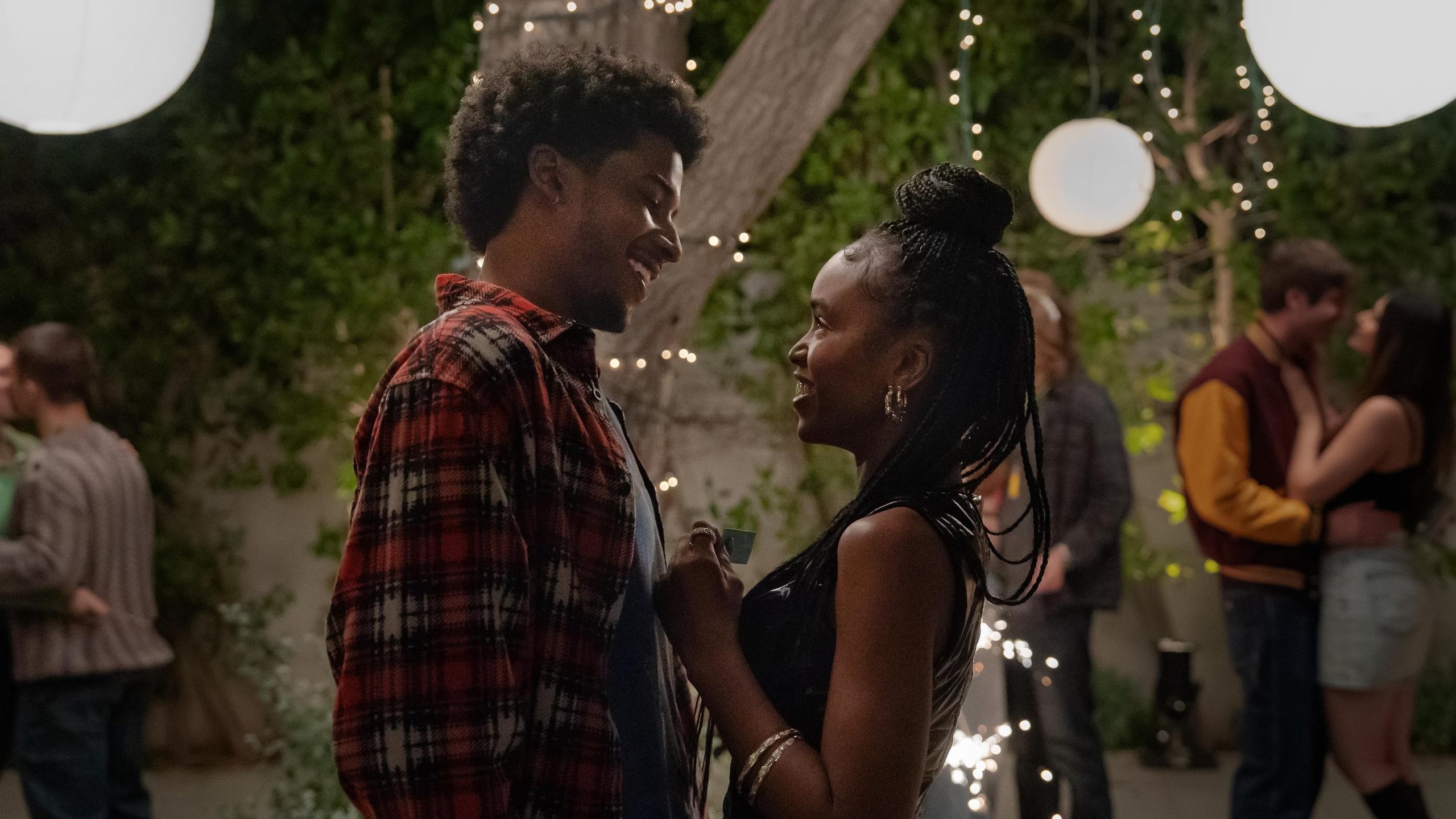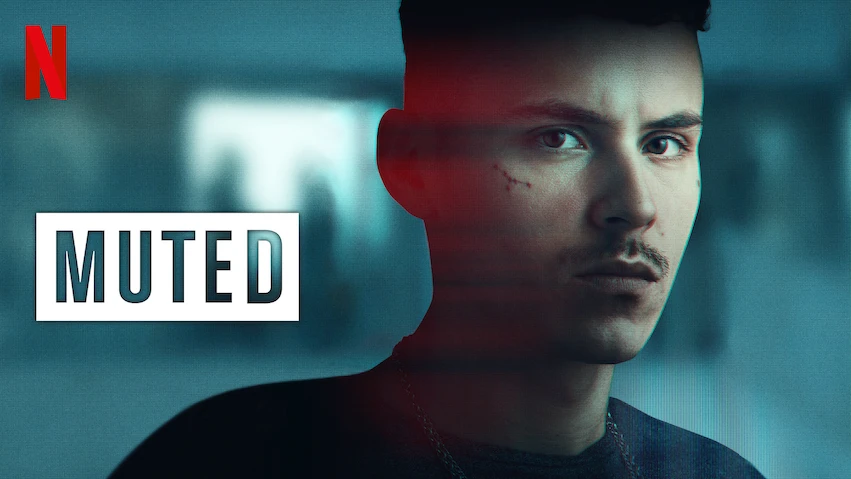dreamabodefinder.com – Mindhunter is a gripping psychological crime thriller based on real-life events that explores the fascinating—and often chilling—world of serial killers. Produced by David Fincher and Charlize Theron, this critically acclaimed show is inspired by the 1995 true-crime book Mindhunter: Inside the FBI’s Elite Serial Crime Unit by John E. Douglas and Mark Olshaker, both of whom were instrumental in the creation of the FBI’s Behavioral Science Unit (BSU).
Set in the late 1970s and early 1980s, Mindhunter follows two FBI agents, Holden Ford (played by Jonathan Groff) and Bill Tench (played by Holt McCallany), who, along with psychologist Wendy Carr (played by Anna Torv), venture into the uncharted territory of criminal psychology. Their aim is to understand the minds of serial killers and apply this knowledge to solve ongoing cases. As the agents interview imprisoned murderers, they begin to unearth the complex motivations behind their grisly crimes, ultimately shaping modern criminal profiling.
The Real-Life Inspirations Behind the Show
Mindhunter is grounded in real FBI history. In the 1970s, agents like John E. Douglas and Robert Ressler began interviewing convicted serial killers in an effort to understand their behaviors and motivations. This initiative was a breakthrough moment in the FBI’s approach to solving serial crimes, as it marked the beginning of criminal profiling. They coined terms like “serial killer,” “lust killer,” and “organized” versus “disorganized” crime scenes—concepts that would become essential tools in modern law enforcement.
The show’s creators worked closely with these historical accounts and interviews, accurately portraying real-life killers like Edmund Kemper, Richard Speck, and Jerry Brudos. Their disturbing crimes and manipulative behavior serve as the backbone of the show, creating a haunting yet realistic portrayal of how these criminals think and operate.
Exploring the Psychology of Serial Killers
At its core, Mindhunter is about the exploration of the criminal mind. The show doesn’t focus on the crimes themselves but rather the complex psychology behind them. Each episode brings the FBI agents face-to-face with different killers who offer insights into their twisted motivations, from the disaffected loners like Edmund Kemper (played by Cameron Britton) to the methodical, psychopathic nature of Richard Speck (Jack Erdie). These interviews provide viewers with a window into the darker corners of human behavior.
The conversations between the agents and these serial killers are often chilling and eerily compelling. The killers, typically calm and calculated, hold power over the agents, forcing them to confront their own assumptions and biases. In one memorable scene, Kemper, a 6’9″ murderer who killed his grandparents, mother, and six young women, lulls Ford into a false sense of security with his articulate, almost polite demeanor. The show expertly uses tension, slowly revealing the killers’ horrifying realities.
The agents, in turn, must navigate the intricate dynamics of their interviews. They’re not just talking to dangerous individuals; they’re attempting to understand the root causes of violence, asking critical questions about human nature, empathy, and the effect of early trauma. In these moments, Mindhunter delves deep into how psychology, upbringing, and genetics play a role in shaping a murderer.
Characters: More Than Just Agents
While the serial killers steal much of the spotlight, the main characters in Mindhunter are just as complex. Holden Ford is a young, ambitious FBI agent who believes that understanding serial killers will help him catch them. His idealism and determination often put him at odds with his more grounded partner, Bill Tench. Tench, who has a family of his own, is more skeptical about the impact of this work, especially when it begins to affect his personal life.
Wendy Carr, the psychologist and academic, brings a sense of rigor and research-driven approach to the team. Her character is essential in balancing the male-dominated world of law enforcement with an analytical and empathetic perspective on crime.
As the series progresses, we see how these characters grow—not only as professionals but also as individuals. The emotional toll of dealing with the killers and their dark insights into human nature begins to take a toll on their personal lives, creating layers of drama and psychological complexity in the narrative.
Cinematography and Tone
David Fincher, known for his work on Se7en, Gone Girl, and Zodiac, brings his signature atmospheric style to Mindhunter. The show’s cinematography is moody and deliberate, reflecting the darker themes of the series. The color palette is often muted, dominated by shades of brown, gray, and green, evoking a sense of dreariness and tension. This, paired with a hauntingly sparse score, creates an unsettling atmosphere that draws viewers into the agents’ pursuit of knowledge and justice.
The pacing is methodical, allowing the viewer to sit with the discomfort of each interview and ponder the ramifications of each psychological revelation. While there is an overarching plot, much of the show’s success comes from its careful, slow-building tension.
Why Mindhunter is a Must-Watch
- Fascinating Character Studies: The true strength of Mindhunter lies in its complex character development, both of the killers and the agents. Viewers are given a glimpse into the often disturbing realities of criminal psychology and the emotional toll it takes on those investigating it.
- Intelligent Storytelling: The series takes a unique approach to crime drama by focusing on psychological exploration rather than the traditional procedural model. It challenges viewers to think deeply about why people commit such horrific acts and what drives them to violence.
- Historical Accuracy: For those interested in the real-life origins of criminal profiling, Mindhunter offers an almost documentary-like portrayal of the early days of the FBI’s Behavioral Science Unit.
- Top-Notch Performances: The cast, especially Jonathan Groff and Holt McCallany, deliver standout performances that make their characters’ emotional and intellectual struggles palpable. The portrayal of the serial killers is equally memorable, with each actor bringing the chilling nature of their roles to life.
The Legacy of Mindhunter
Despite only having two seasons, Mindhunter has left an indelible mark on the crime thriller genre. It set a new standard for psychological depth in storytelling, blending historical fact with chilling fiction in a way few shows have matched. The show’s unflinching examination of the darkest corners of human behavior, combined with its slow-burn storytelling and unforgettable performances, makes it a must-watch for fans of true crime, psychology, and thrilling drama.
Though Mindhunter was unfortunately put on hold after its second season, fans still hold out hope for a continuation. If you haven’t watched it yet, this series offers a uniquely disturbing and intellectually engaging journey into the minds of the world’s most notorious criminals—and the brave individuals who try to understand them.





